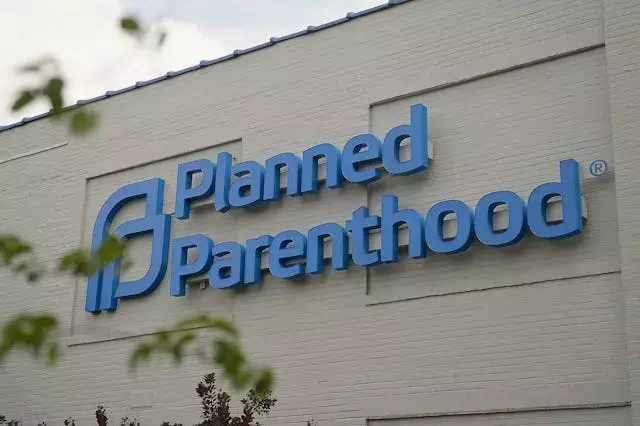
Since 2022, the American landscape of reproductive healthcare has undergone a notable shift, with a substantial number of abortion clinics closing their doors. This trend extends beyond states known for stringent abortion restrictions, impacting even those with laws supportive of reproductive rights. The primary driver behind these closures appears to be mounting financial pressures and a decrease in sustained funding, highlighting a precarious situation for access to essential services.
The reversal of Roe v. Wade in 2022 fundamentally reshaped the legal framework surrounding abortion in the United States, leading to a fragmented system of access. Following this landmark decision, several states activated 'trigger laws,' immediately implementing or severely limiting abortion procedures. Currently, thirteen states enforce complete abortion prohibitions, while an additional four restrict the procedure after just six weeks of gestation, often before an individual realizes they are pregnant.
Reports indicate that since 2022, 105 clinics have closed. While a portion of these closures occurred in states with outright bans (29 clinics) or six-week bans (11 clinics), a surprising majority, 65 clinics, shut down in states with more permissive abortion laws. This underscores the pervasive financial challenges faced by these facilities, irrespective of the legal environment.
Initial surges of financial support for reproductive health organizations, including Planned Parenthood, observed in 2022, have since diminished. This decline in private donations, coupled with a persistent or growing demand for services, creates a critical funding gap. Furthermore, federal funding through Title X, which supports family planning services for low-income and uninsured individuals, has been partially withheld for many grantees, exacerbating financial instability within the sector.
Despite these significant challenges, there are developments that offer a glimmer of hope for advocates of abortion rights. Thirty-four facilities have either reopened or relocated to states with more liberal abortion policies, mitigating some of the overall loss. While a net reduction of 71 facilities remains, these relocated clinics continue to serve communities.
Moreover, a pivotal 2021 ruling by the FDA removed the requirement for in-person dispensation of mifepristone, commonly known as 'the abortion pill.' This decision, along with its expanded availability beyond specially certified pharmacies, has significantly broadened access to abortion via telehealth services. Consequently, medication abortions have seen a notable increase, rising from 53% of all abortions in 2020 to 63% in 2023.
However, physical clinics remain crucial, as the majority of abortions, between 60% and 80%, are still obtained through brick-and-mortar facilities. Compounding the situation, expanded access to mifepristone is now under scrutiny from high-ranking health officials, who have called for a comprehensive review of the drug. This review is reportedly influenced by a controversial paper from an anti-abortion think tank, which has been widely criticized for its methodological flaws and lack of peer review.
The ongoing closure of these clinics has profound implications beyond abortion access itself. They often serve as vital community health hubs, providing a range of essential services such as contraception, pregnancy testing, ultrasounds, and cancer screenings, particularly to underserved and low-income populations. The future of these crucial healthcare providers remains uncertain in the face of evolving legal landscapes and persistent financial pressures.
